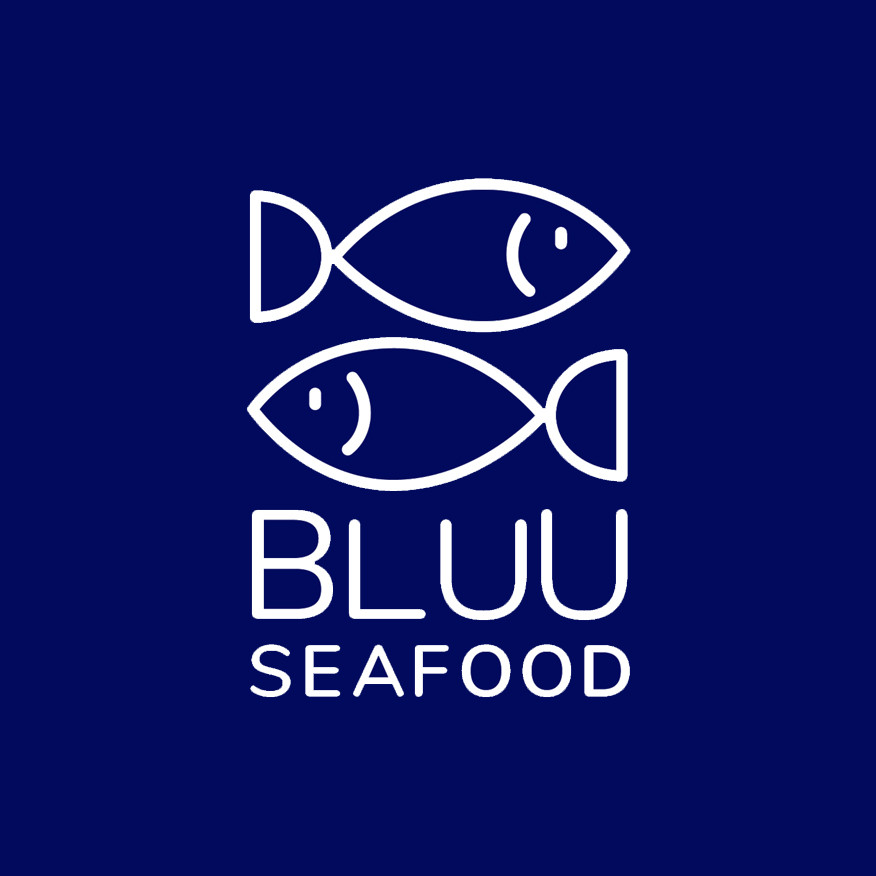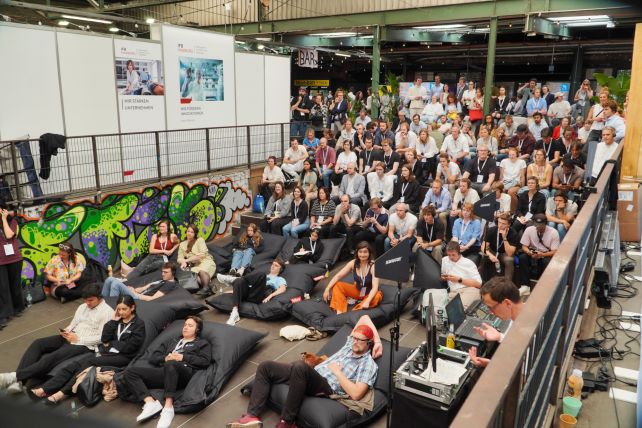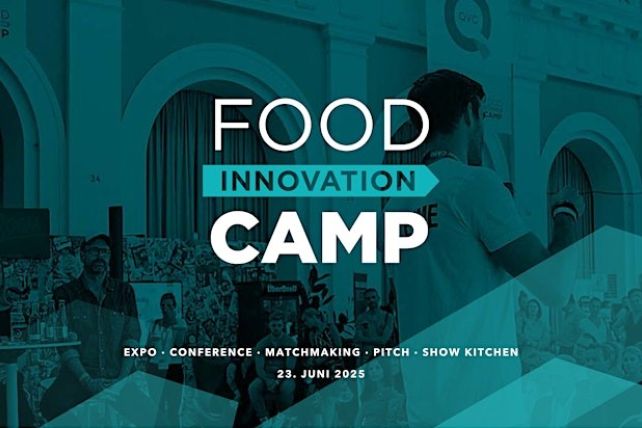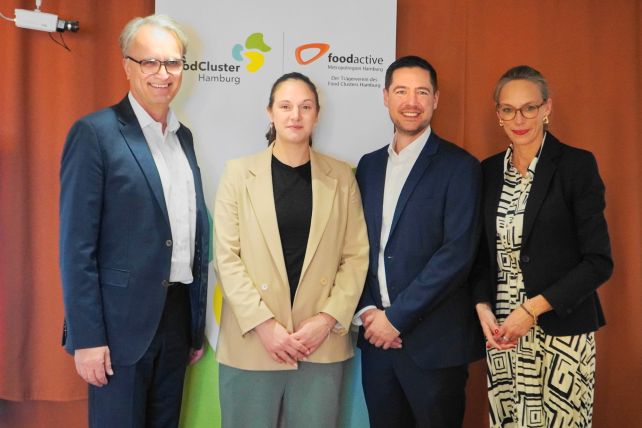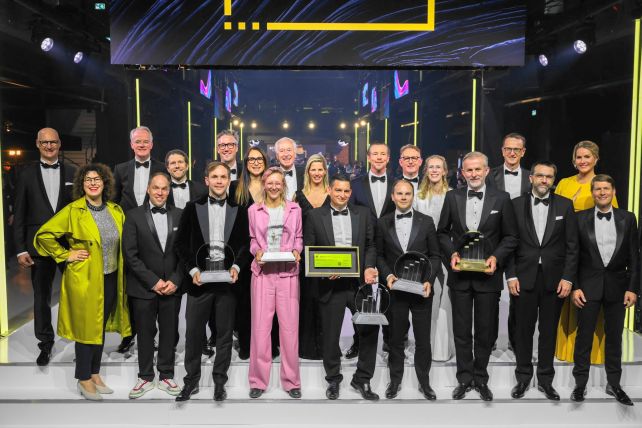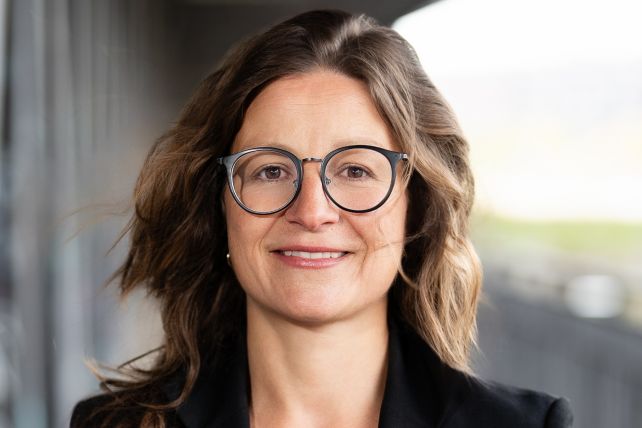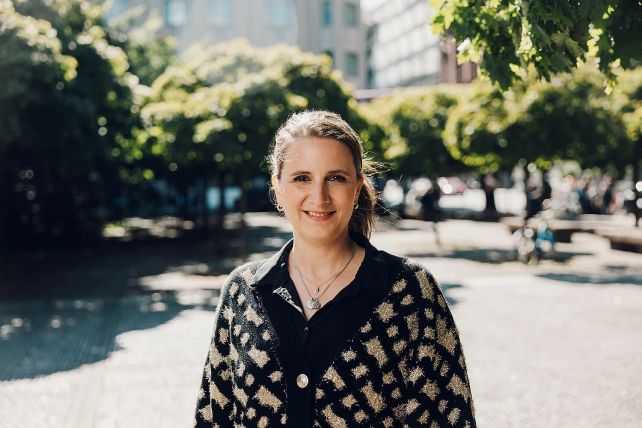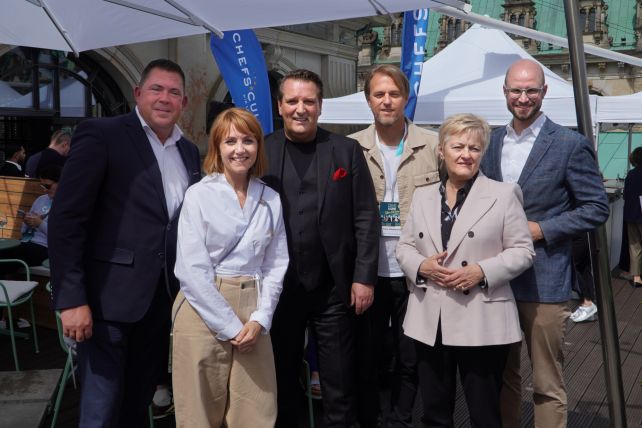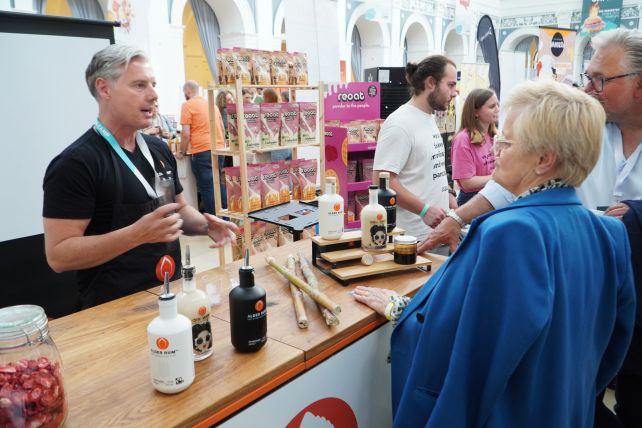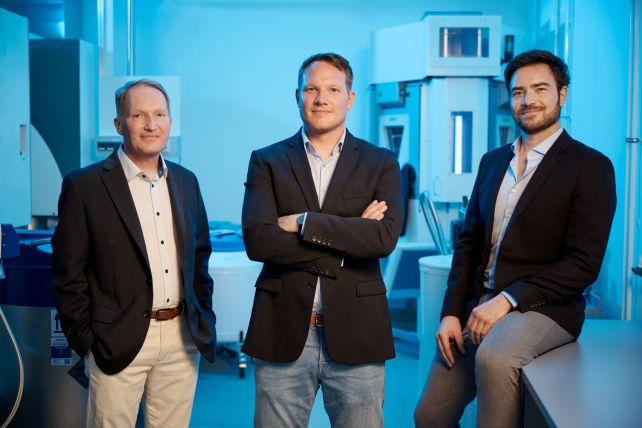Bluu Seafood: Europe's first pilot plant for cultured fish opens in Hamburg
The Hamburg-based foodtech startup Bluu Seafood recently opened the first pilot plant in Europe for the development and production of cultured fish. At the new site in the Altona district, muscle, fat and connective tissue cells from Atlantic salmon and rainbow trout can be cultivated in significantly larger quantities than before.

Bluu Seafood produces as fast as nature
The company has a total of 2,000 square metres of office and production space at its disposal. At the start, the pilot plant's fermenters have a total capacity of 65 litres and potential for expansion to up to 2,000 litres. At the optimum temperature and with the appropriate oxygen and nutrient supply, the animal cells grow and divide in exactly the same way as they do in live fish. The products formed from the cell mass, such as fish fingers or fish balls, are GMO-free and, unlike many wild-caught fish, free from heavy metals and microplastics. They resemble conventional products in terms of taste, nutritional content and cooking behaviour.
At the moment, the cost of producing cultivated fish is still higher than the average price of wild and farmed fish, but this should gradually change as capacities increase. The EU's Novel Food Regulation is a greater obstacle to market maturity than the price. Although the fish cells from the fermenter are no different from those of live animals, they are considered a novel food that has to undergo a time-consuming authorisation process. Other countries, such as the USA and Israel, are already further along in this respect. And Bluu Seafood is expecting authorisation for Singapore as early as the beginning of 2025.


